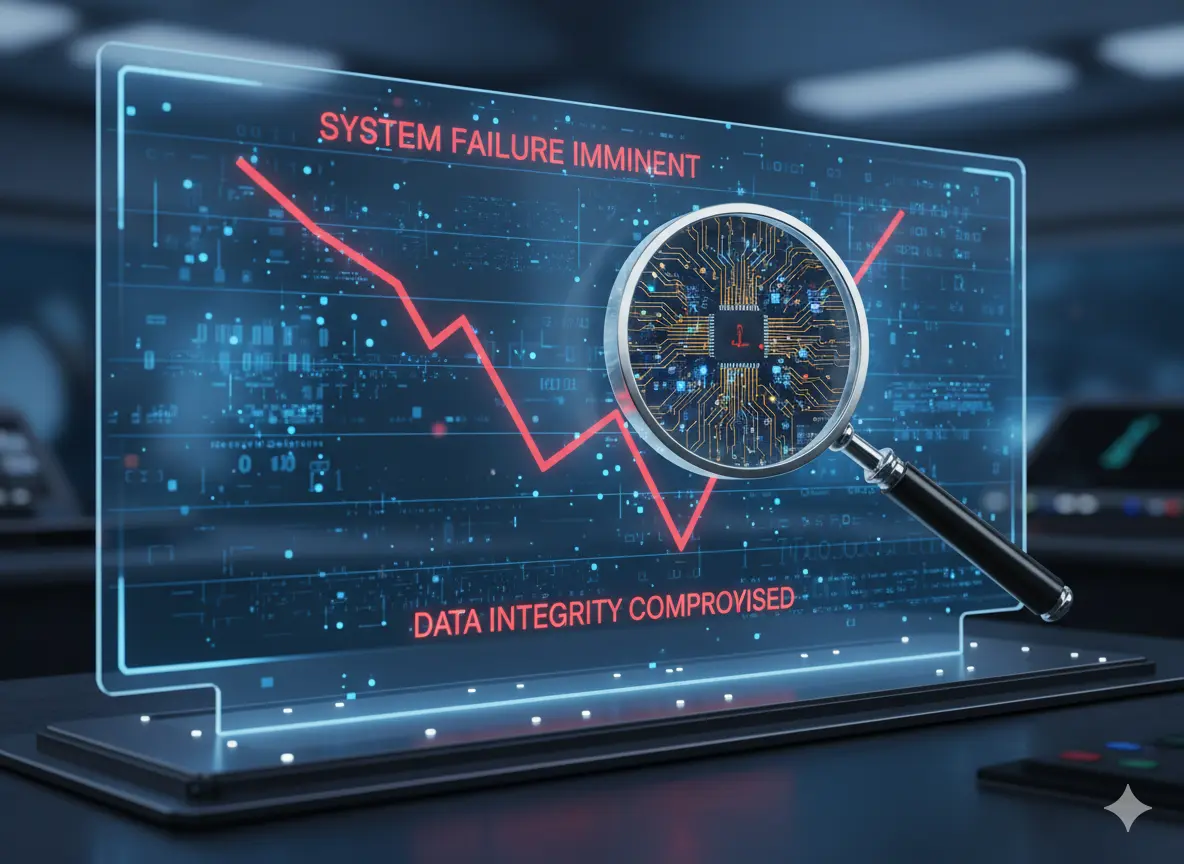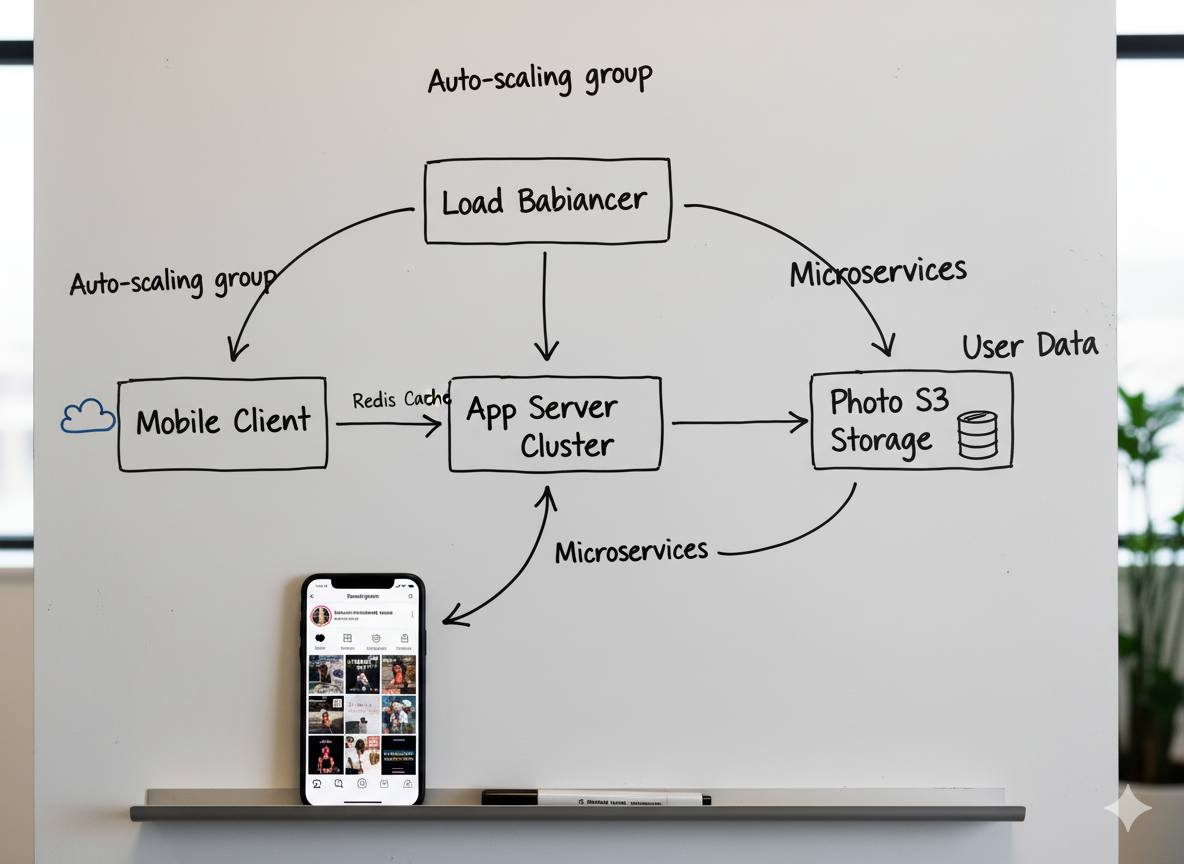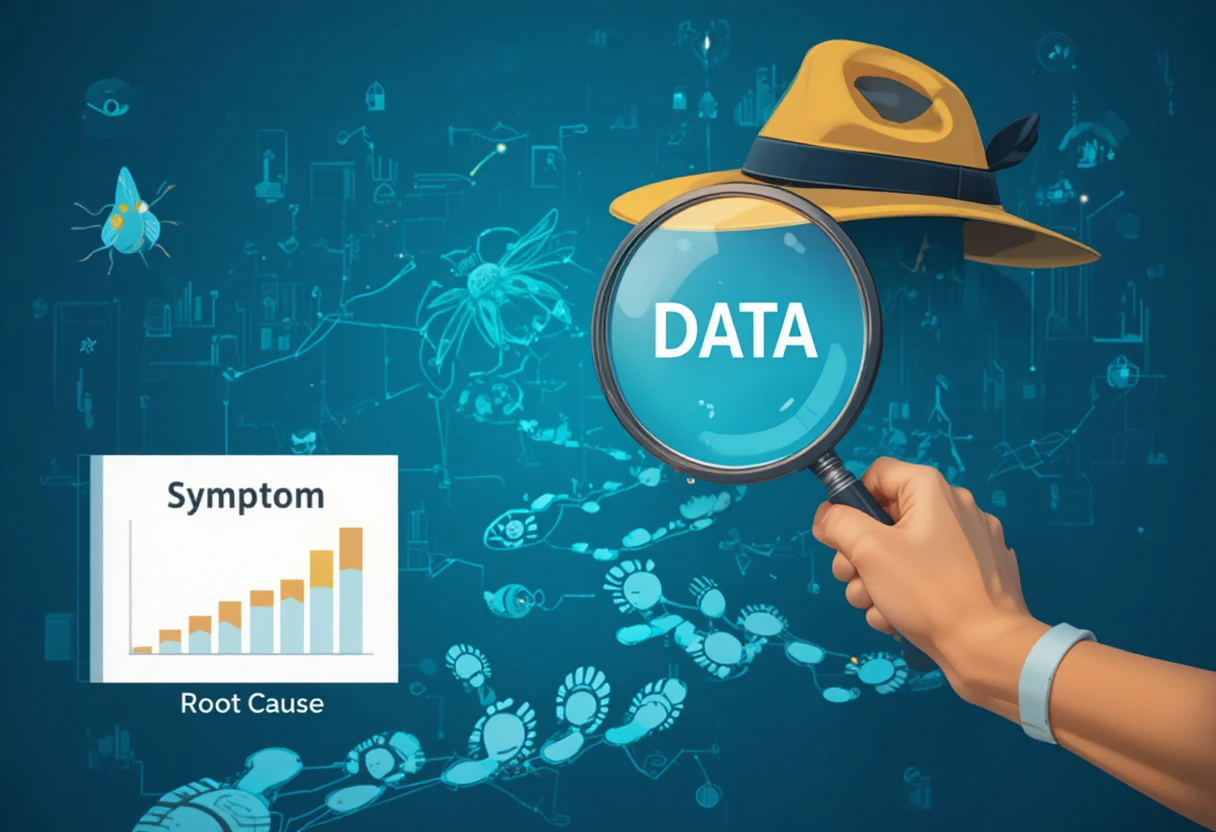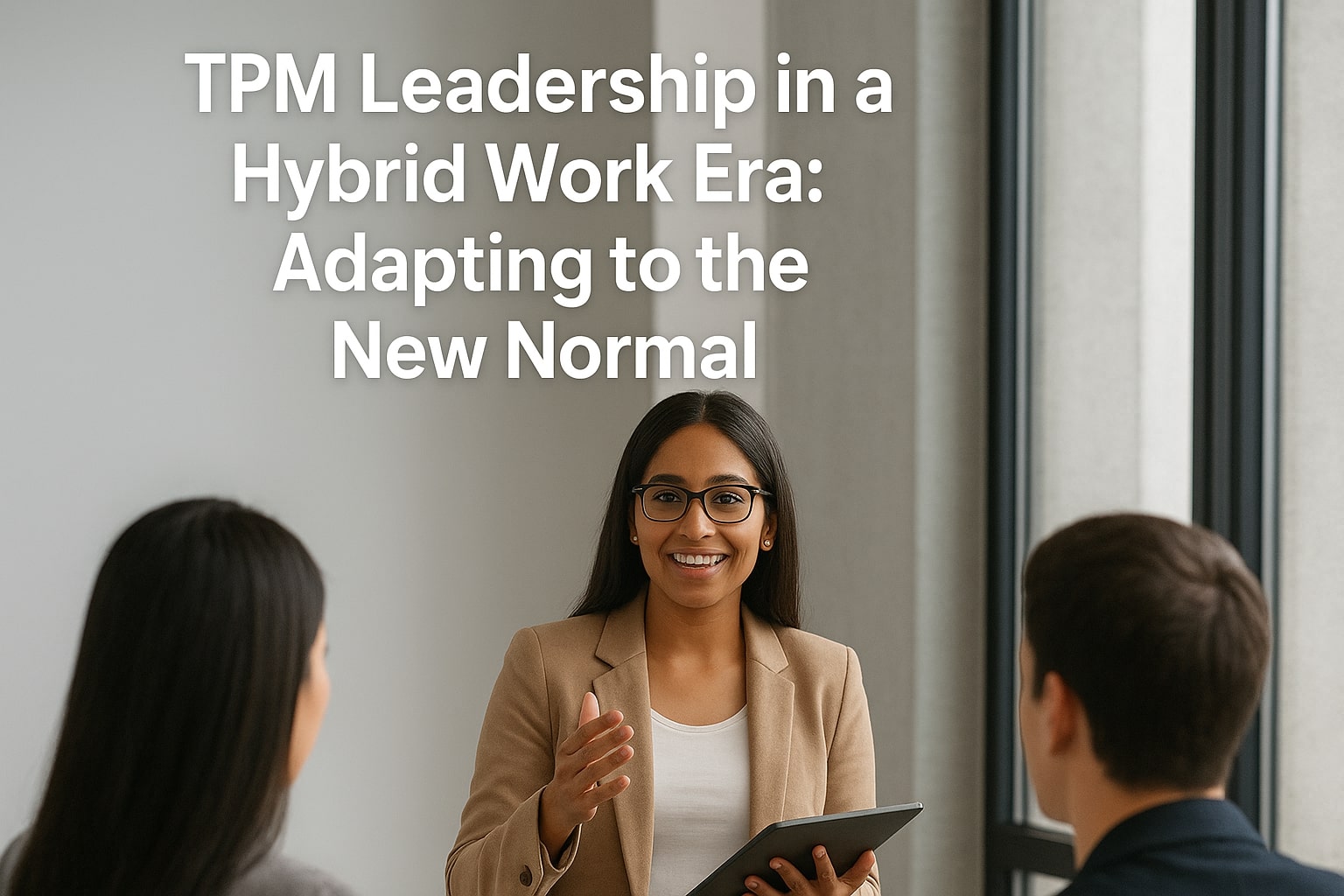Introduction
As a Technical Program Manager (TPM), one of your biggest challenges is leading teams without direct authority. You aren’t the engineering manager, the product owner, or the design lead—yet you’re expected to drive alignment, remove blockers, and ensure delivery across complex technical initiatives.
So, how do successful TPMs influence outcomes when they don't "own" the teams involved?
This blog breaks down actionable strategies to help you build influence without authority, a core TPM skill that’s essential for both job success and acing TPM interviews.
Why This Skill Matters
Hiring managers and interviewers want to know:
- Can you get buy-in from skeptical stakeholders?
- Can you keep engineers motivated on long, cross-functional programs?
- Can you lead delivery even when priorities shift?
Influence without authority is often the difference-maker between an average TPM and a high-impact one.
1. Build Trust First, Then Drive Execution
Before you can influence decisions, you must build trust with your teams.
How to do it:
- Listen more than you talk in the beginning. Understand pain points.
- Offer help—don’t just assign tasks.
- Follow through on what you promise.
Interview Tip:
Have STAR stories ready that show how you built trust across teams before driving key deliverables.
2. Lead with Clarity, Not Control
Good TPMs don’t tell engineers or PMs what to do—they enable them with structure.
Use tools like:
- Clear project charters
- Aligned OKRs
- Roadmaps with milestones and risks
When everyone knows the "why" and "when," they’re more likely to follow your lead—even without you having formal authority.
3. Learn the Language of Your Stakeholders
You’ll work with engineers, product managers, business heads, and designers. Each group speaks a different "language."
Pro move:
- Use technical depth with engineers (APIs, latency, system flows)
- Use impact and metrics with PMs and execs (customer impact, ROI)
- Use timelines and risk mitigation with leadership
The better you tailor your communication, the more persuasive you’ll be.
4. Create Shared Wins
Stakeholders will align when they see a shared goal.
Example:
- Instead of saying: “We need to hit Q3 delivery,”
- Say: “Delivering this in Q3 will help product hit their retention targets and support engineering’s refactor plan.”
Make it about mutual value. That’s influence.
5. Leverage Data, Not Drama
In moments of disagreement, avoid emotional appeals. Use facts.
- Show blockers using RAID logs
- Use velocity charts and burndown graphs to highlight risks
- Present customer data to prioritize tasks
Influence increases when you're seen as objective and data-driven.
How KRACD.com Helps You Build Influence Skills
At KRACD.com, we focus not just on technical interview prep but on real-world TPM success skills—including influence without authority.
You’ll get:
- Roleplay exercises with mock stakeholders
- Communication coaching to manage friction
- Templates to drive program clarity across teams
- 1:1 mentorship from senior TPMs who’ve led global orgs
👉 Sign up at KRACD.com to build the real influence muscles that make top TPMs stand out in interviews and on the job.
Conclusion
You don’t need a title to lead—you need clarity, empathy, structure, and the ability to speak across functions. The best TPMs lead without authority because they build alignment, not control.
In interviews, your stories should reflect how you influenced people, process, and outcomes without having a formal reporting line.
FAQs
1. What does ‘influence without authority’ mean in a TPM context?
It means getting teams to work toward a common goal without directly managing or owning them.
2. Is this skill tested in TPM interviews?
Absolutely. It’s often evaluated in cross-functional and behavioral rounds.
3. How do I demonstrate this in interviews?
Use STAR examples showing how you influenced product direction, resolved conflicts, or drove delivery through alignment.
4. Can influence be built quickly on a new team?
It can—with intentional trust-building, strong communication, and delivering quick wins.
5. Does KRACD.com offer coaching for this skill?
Yes. KRACD.com offers role-based training where you practice real-life scenarios and get feedback from senior TPMs.















.png)
.png)
.png)
.jpg)
.jpg)

































.webp)








